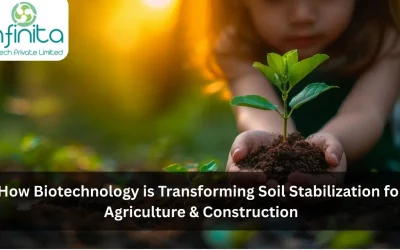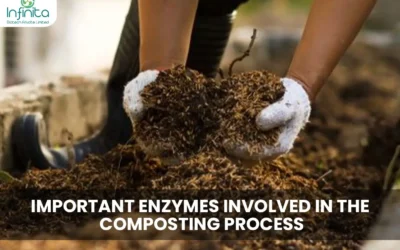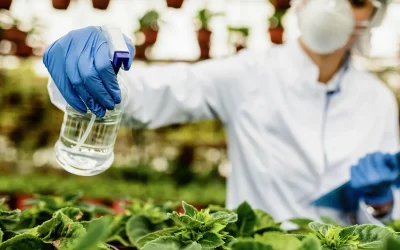Soil is more than just the surface we walk on—it’s the foundation of both agricultural productivity and infrastructure stability. Traditionally, soil stabilization has relied on heavy machinery, chemical treatments, or extensive layering with gravel and concrete. But...
Agriculture Enzymes Manufacturer
What are Agriculture Enzymes?
Enzymes are the vital activators in life processes. Likewise they are known to play a substantial role in maintaining soil health and its environment. A unique balance of chemical, physical, and biological (including microbial especially enzyme activities) components contribute to maintaining soil health. Healthy soils are essential for the integrity of terrestrial ecosystems to remain intact or to recover from disturbances, such as drought, climate change, pest infestation, pollution, and human exploitation.
As soil is the part of the terrestrial environment and supports all terrestrial life forms, protection of soil is therefore of high priority and a thorough application of soil enzymes is a critical factor in assuring that soil remains healthy.
In maintaining soil health, agricultural enzymes play a crucial role. These specialized enzymes contribute to the overall balance of chemical, physical, and biological components in the soil, including microbial activities. By promoting nutrient cycling, organic matter decomposition, and soil structure enhancement, agricultural enzymes contribute to the preservation and restoration of healthy soils. Ensuring the application of appropriate agricultural enzymes is vital in safeguarding the long-term health and productivity of soils, thereby supporting sustainable agriculture and the well-being of terrestrial ecosystems.
Soil enzymes are a group of enzymes which inhabit the soil and continuously play an important role in maintaining soil ecology, its physical and chemical properties, fertility and health.
All soils contain a group of enzymes that determine soil metabolic processes which, in turn, depend on its physical, chemical, microbiological, and biochemical properties.
These soil enzymes classes include oxidoreductases, hydrolyases and transferases that revive arid and unfertile soil.
In agricultural practices, the application of specific agriculture enzymes can greatly influence soil health and fertility. These specialized enzymes interact with the existing soil enzymes to enhance soil metabolic processes and promote the revitalization of arid and infertile soils. By harnessing the power of agriculture enzymes, farmers and land managers can effectively improve soil ecology, optimize its physical and chemical properties, and ultimately enhance agricultural productivity in a sustainable manner.
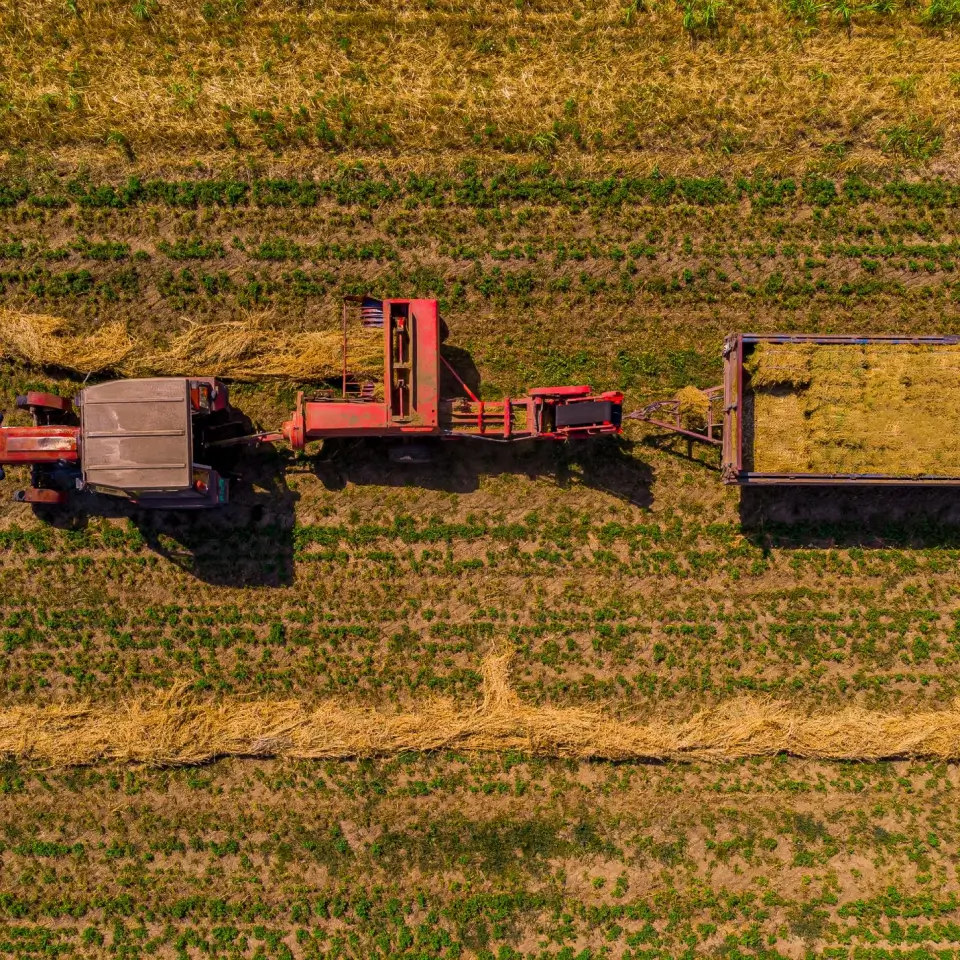
Our Solutions
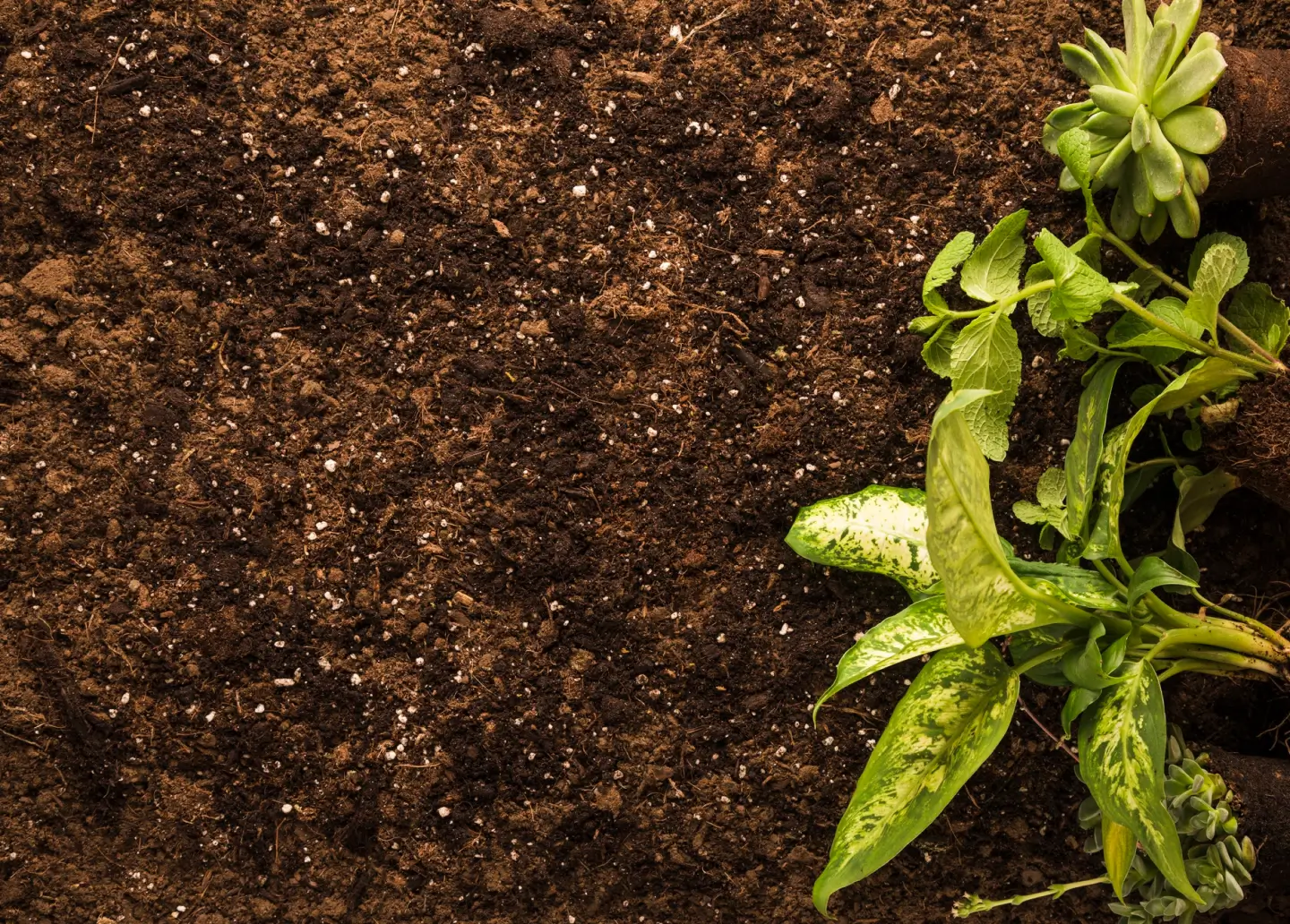
Composting
Our specialised enzymes based formulation is useful for turning organic waste into Nutrient Rich Compost.Eco-Friendly
Multi Enzymes Complex
Accelerates Composting
Plant Growth Promoter
Our soil enzymes-based formulation can be used to promote better plant growth development.Eco-Friendly
Multi Enzymes Complex
Suitable For All Crops

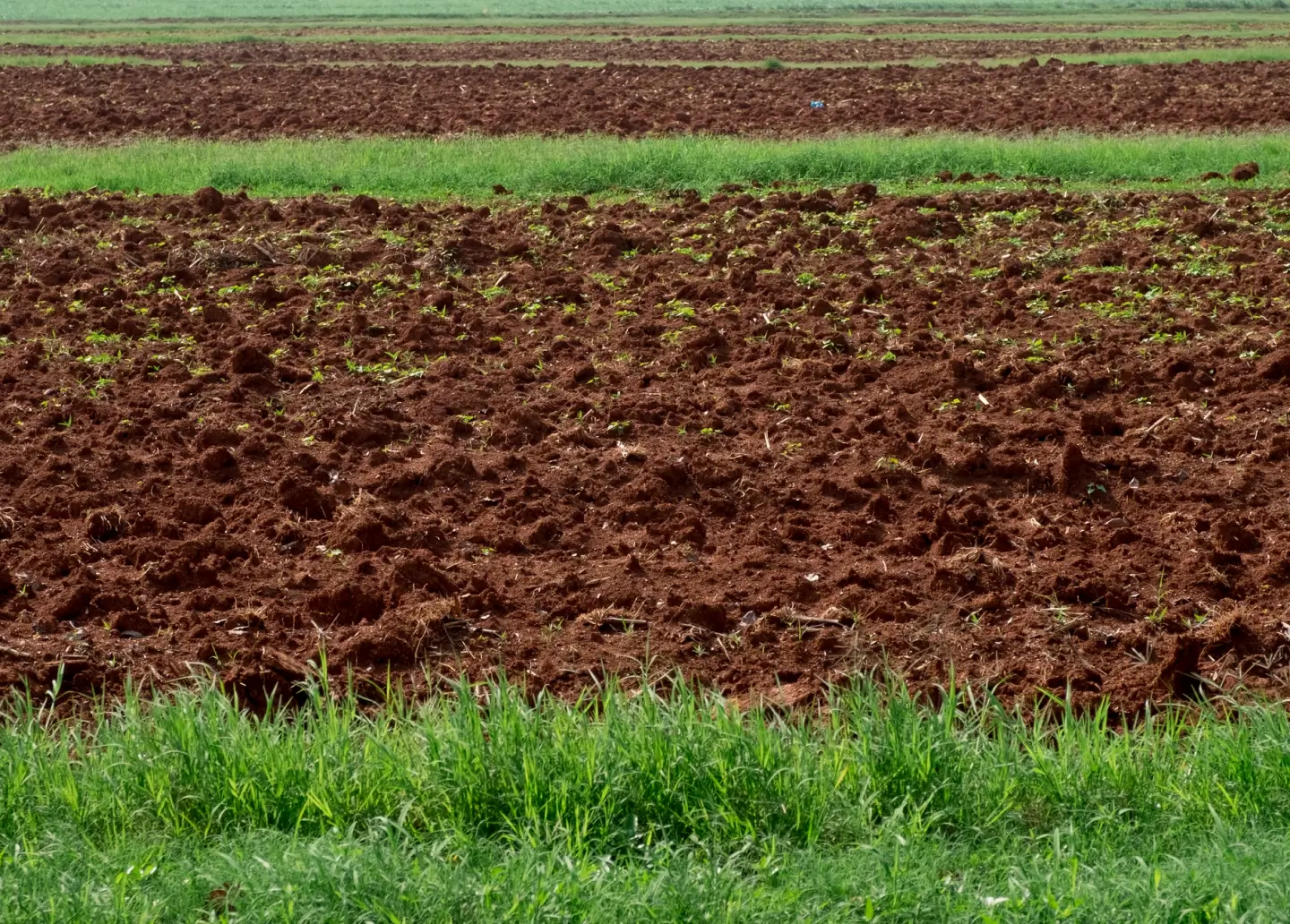
Soil Rejuvenation Enzymes
This specialised enzymes based formulation can be utilised to rejuvenate the soil and make it fertile for plant growth.Degrades Soil Contaminants
Multi Enzymes Complex
Soil Bioremediation
Organic Larvacide
Our completely environment friendly and organic larvicide is made out of a blend of different enzymes.Eco-Friendly
Multi Enzymes Complex
Non-Toxic
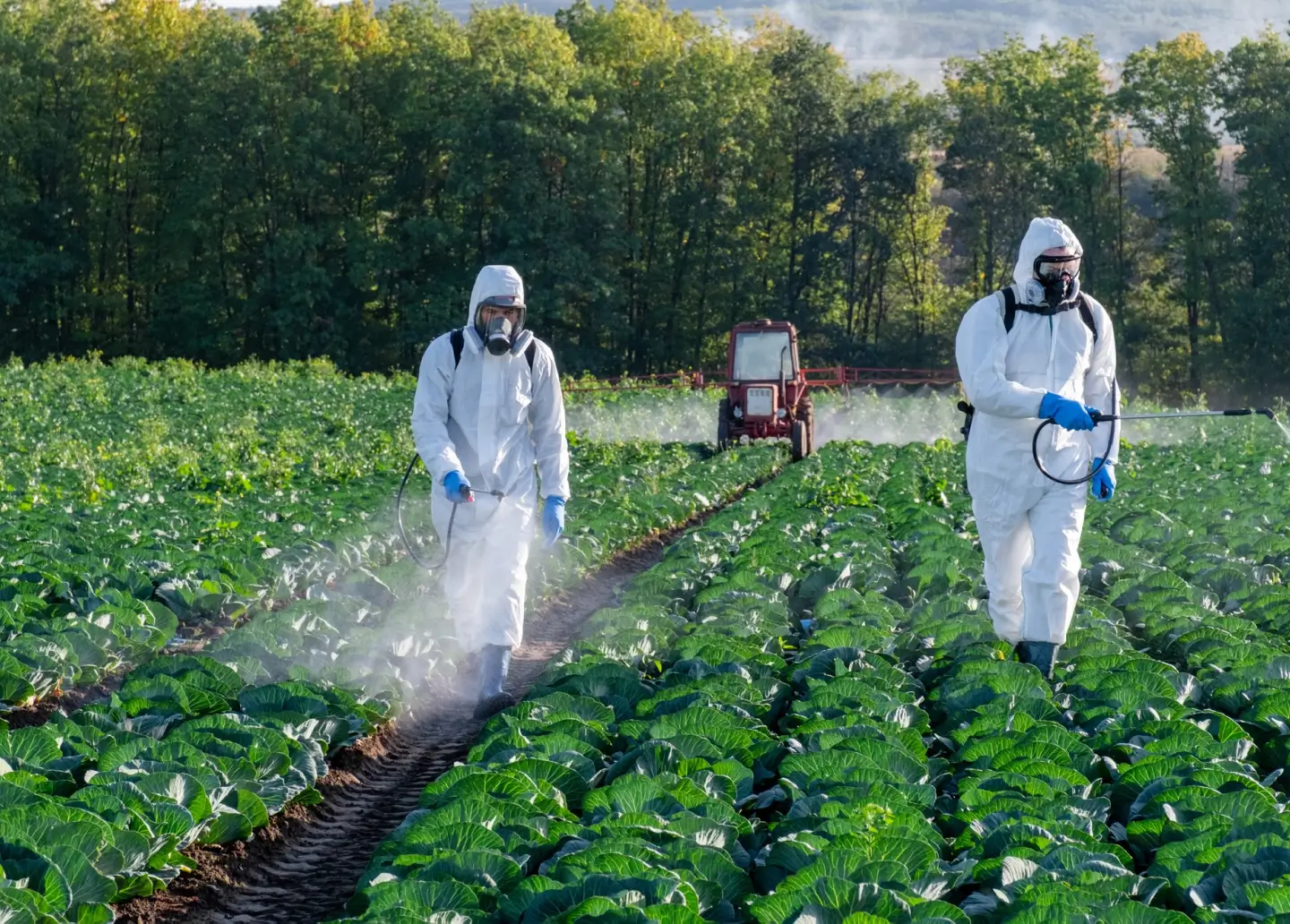
Related Blogs & Insights
Important Enzymes Involved In The Composting Process
Composting is a complicated process involving organic waste and microbes. This procedure can be carried out by three types of microorganisms: bacteria, fungus, and actinomycetes depending upon the method of composting. Actinomycetes are bacteria that decompose organic...
Enzymes Used in Agriculture
Enzymes along with select microbes are used in agriculture as a healthier and organic replacement for chemicals. Agricultural enzymes are bioactive proteins that help increase crop production, soil fertility, and food protection. They also protect the crops from...
Frequently Asked Questions ,Agriculture Enzymes
What are the benefits of enzymes in composting?
How do enzymes help plants grow?
What are the advantages of using organic larvicide?
What are the benefits of using enzymes in agriculture?
How does an enzyme improve soil quality?
For A Greener Tomorrow
Committed to advancing eco-friendly biotechnology for a healthier planet.
